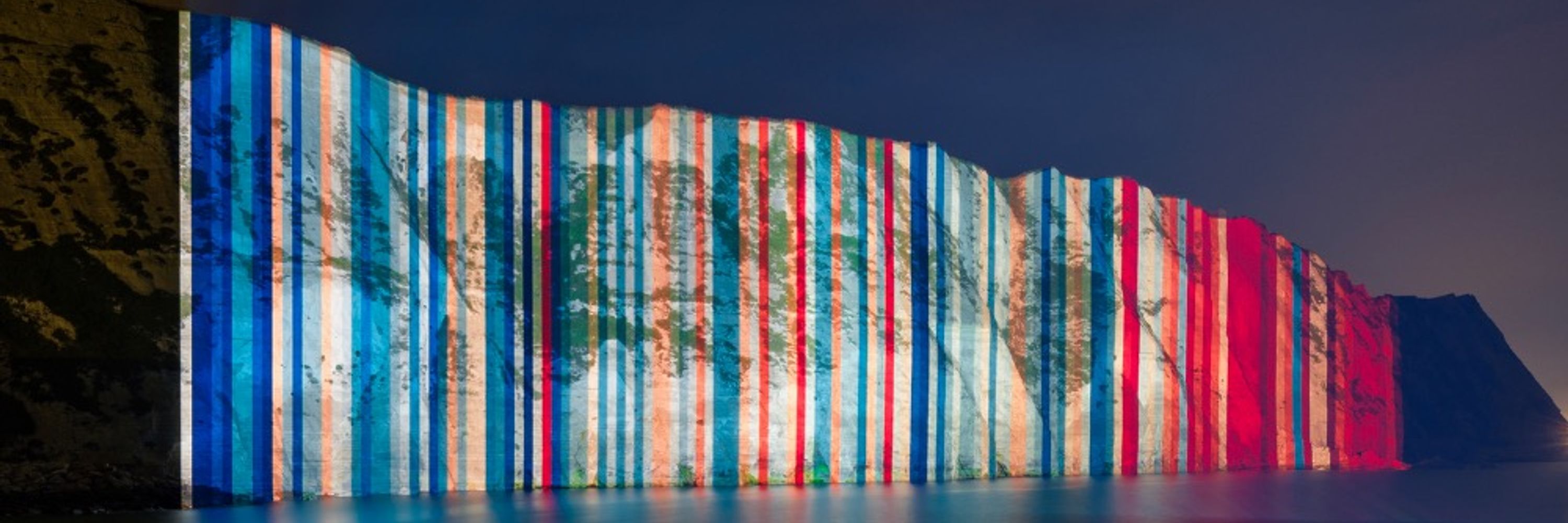
Climate scientist at the National Centre for Atmospheric Science, University of Reading | IPCC AR6 Lead Author | MBE | Views own | https://edhawkins.org
Warming Stripes: http://www.ShowYourStripes.info
Edward Hawkins is a British climate scientist who is Professor of climate science at the University of Reading, principal research scientist at the National Centre for Atmospheric Science (NCAS), editor of Climate Lab Book blog and lead scientist for the Weather Rescue citizen science project. He is known for his data visualizations of climate change for the general public such as warming stripes and climate spirals. .. more

50 years after the extreme summer for the UK and Ireland, what can we still learn?
climatelabbook.substack.com/p/the-summer...

Reposted by Benjamin I. Cook
earth.nullschool.net on mobile browsers works fine, but the app is nicer. Full screen display, persistence across sessions, text size that matches device settings. Even landscape works well.
And, like the website: no ads!
Links below ⬇️

Reposted by Norbert Marwan, Ed Hawkins, Tim Woollings , and 2 more Norbert Marwan, Ed Hawkins, Tim Woollings, Michael J. Allen, Maria Abreu

earth.nullschool.net on mobile browsers works fine, but the app is nicer. Full screen display, persistence across sessions, text size that matches device settings. Even landscape works well.
And, like the website: no ads!
Links below ⬇️
Reposted by Rob Marchant, Tuomas Mattila
Are you an outstanding scholar of international standing within the field of Earth and environmental sciences?
This could be the job for you: www.vacancies.st-andrews.ac.uk/Vacancies/I/...


Defining pre-industrial to be 1750, rather than 1850, produces different (simulated) historical climate changes after 1850. Pre-1850 volcanoes & land use matter.
iopscience.iop.org/article/10.1...
Reposted by Peter Thorne, Jamie Hannaford

35.9°C back in 1976 would be 38-39°C now.
The hot extremes are warming faster than the average for the UK.
climatelabbook.substack.com/p/the-summer...
Reposted by Jamie Hannaford, Ed Hawkins

Reposted by Ed Hawkins



#showyourstripes
Reposted by John Kennedy, Rob Marchant, Ed Hawkins

Are you an outstanding scholar of international standing within the field of Earth and environmental sciences?
This could be the job for you: www.vacancies.st-andrews.ac.uk/Vacancies/I/...

Reposted by Peter Thorne


Fossil gas now makes up 27% of UK’s total electricity generation.
Article with some excellent graphics: www.bbc.co.uk/news/article...

